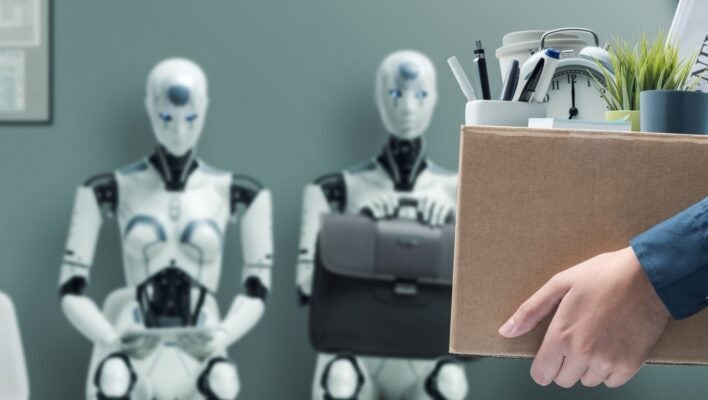The rapid evolution of technology and artificial intelligence has raised serious questions about the future of employment. As AI tools become more powerful and efficient, many people are wondering: Will my job be replaced by a machine? During a recent conference organized by the Federal Reserve in Washington, Sam Altman, CEO of OpenAI, addressed this concern directly—and his answer is causing a stir.
AI’s Growing Edge Over Human Productivity
Since the launch of ChatGPT on November 30, 2022, few could have predicted the tool’s massive impact on productivity. Initially seen as just another AI chatbot, it has since proven to be up to ten times more productive than scientists, who typically achieve only two to three times that level. This startling comparison highlights the dramatic advantage AI can offer in tasks involving language processing, information retrieval, and even decision-making.
As artificial intelligence continues to improve in both speed and accuracy, its role in the workforce is expanding—and not everyone is prepared for what’s coming.
The Job Most Likely to Disappear First
According to Altman, one of the most common jobs already being disrupted is customer service. He was blunt in his prediction: “Entire classes of jobs will disappear.” AI bots, he explained, are incredibly effective at solving problems quickly and accurately. Unlike traditional methods such as phone calls, which often lead to confusion and human error, AI can handle inquiries instantly and at scale.
This shift is already visible in many industries. From automated help desks to AI-powered chatbots on e-commerce websites, customer service roles are being increasingly handled by machines—leading to reduced need for human agents.
A Double-Edged Sword: Jobs Lost, Jobs Gained
Despite the looming job displacement, Altman remains cautiously optimistic. He emphasized that while some professions may vanish, entirely new categories of employment will also emerge. As AI tools become more integrated into daily work, the need for AI trainers, ethics advisors, prompt engineers, and other new roles will grow. “There will be more opportunities to do new things and to push further progress,” Altman said.
Will All Jobs Be Replaced?
The answer is complex. While AI assistants on phones and computers are undeniably efficient, humans still prefer interacting with other humans in many situations. Take the healthcare sector, for example. Although ChatGPT and similar models can suggest accurate diagnoses and streamline medical paperwork, patients overwhelmingly prefer to be seen by a real doctor—not a digital assistant.
That human connection, empathy, and trust are still vital in areas where emotions, intuition, or moral judgment play a role.
Altman himself acknowledged the uncertainty of the future. “No one knows what will happen next,” he admitted, referring to the long-term impact of AI on the global job market.
While AI is clearly reshaping the world of work, it’s not a black-and-white scenario of humans vs. machines. As automation takes over repetitive and process-driven roles like customer service, there’s still room—and need—for the human touch in many areas of life and labor. The challenge, as Altman suggests, lies not in resisting change, but in adapting to it and preparing for the new opportunities it creates.
